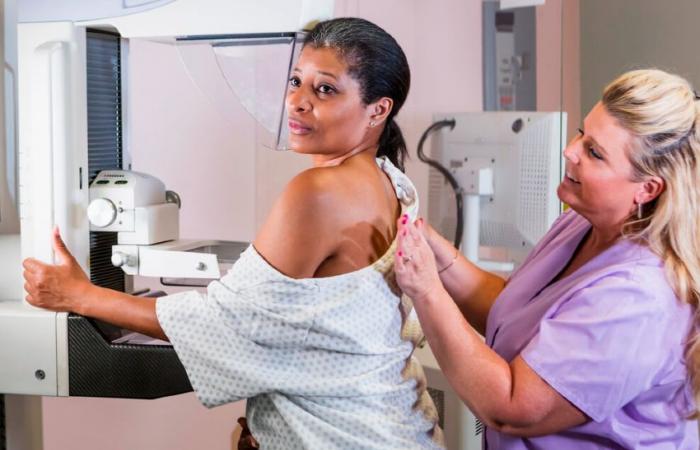Report by the Lancet Commission on Breast Cancer, an international study carried out by a multidisciplinary group of experts from several countries, including Brazil, warns of the lack of data and the inequality access to treatment for the disease. Although the Lancet Commission considers a notable decrease in mortality from cancer breast cancer in most developed countries, the study shows that many patients in less favored nations are still not adequately treated. “Underreporting and the real economic impact of the disease in low- and middle-income countries, such as Brazil, are fragile points that require greater attention to combat this major public health problem, which is breast cancer”, says the mastologist Rosemar Rahal, member of the board of directors of the Brazilian Society of Mastology (SBM).
The Lancet Commission study, recently released in the United Kingdom, indicates that 7.8 million women diagnosed with breast cancer in 2015 were alive at the end of 2020. According to the report’s participants, this is a reflection of progress in investigations and cancer management, which made it possible to reduce mortality from the disease by 40% in most developed and higher-income countries. At the same time, however, the study demonstrates that it is necessary to advance in screening and treatment. Also in 2020, 685 thousand women died as a result of cancer.
An example brought by the report, which represents inequality, concerns data on patients with metastatic breast cancer. The Lancet multidisciplinary group finds that the number of people in an advanced stage of the disease is still unknown, as cases are underreported.
When bringing the problem to the national scene, Rosemar Rahal considers that underreporting, in general, “does not allow for a real diagnosis of epidemiological data, such as incidence and mortality, which are relevant and guiding public health strategies in the country ”.
Pilot study carried out by the Lancet Commission interviewed 606 women living with breast cancer. Almost all reported “physical or well-being problems” related to the disease, such as job loss. Among participants in the early stage of cancer, 27% declared having financial difficulties. Among those who faced the disease in the metastatic phase were 35%.
The mastologist points out major challenges, considering the social and economic impact of the disease in Brazil. “The number of households that have women as their main financial source is relevant,” she says. According to a survey by FGV Ibre (Brazilian Institute of Economics of the Getúlio Vargas Foundation), more than half of Brazilian households (50.9%) are headed by women. “Often, after the diagnosis of breast cancer, the impossibility of working in underemployment and even dismissal from activities with an employment relationship make the economic repercussions of the disease clear,” says Rosemar Rahal. However, she emphasizes, the real numbers of this reality and the financial impact have not yet been correctly measured in the country. “And here we include a very serious situation: the abandonment of treatment due to social and economic barriers”, she adds.
For the SBM specialist, as important as shedding light on the inequalities surrounding the diagnosis and treatment of breast cancer is having a more comprehensive view of the disease situation in Brazil. “Only in this way will we be able to improve public policies aimed at combating the disease”, concludes Rosemar Rahal.





